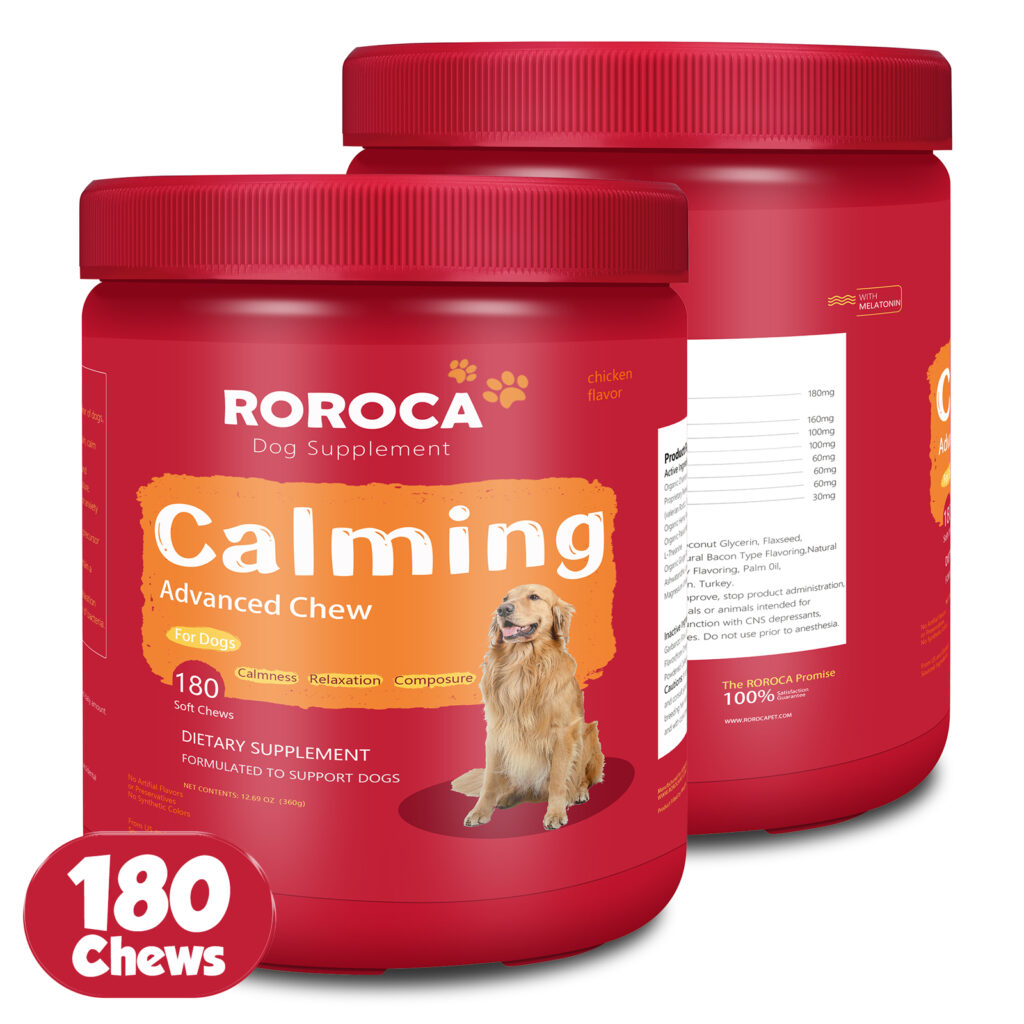Your cart is currently empty!
Anxiety Meds for Dogs: Vet-Approved Solutions for Safe & Effective Relief
·
— Prescription Medications, Natural Alternatives & How to Choose
When your dog’s anxiety disrupts daily life — from destructive chewing to relentless howling — anxiety meds for dogs can be a lifeline. But with risks like sedation and dependency, how do you choose safely? This guide compares prescription medications, natural supplements, and vet-backed strategies to manage canine anxiety effectively.
When Are Anxiety Meds for Dogs Necessary?
Veterinary Criteria for Medication:
- Severe Cases: Aggression, self-harm, or inability to function.
- Failed Behavioral Training: 6+ weeks of training with no progress.
- Medical Causes: Thyroid imbalance or neurological issues.
Red Flags:
- Sudden anxiety in senior dogs (may signal pain or dementia).
- Phobias worsening over time (e.g., storm anxiety escalating to panic attacks).

3 Types of Anxiety Meds for Dogs
1. SSRIs (Long-Term Use)
- Examples: Fluoxetine (Prozac®), Paroxetine (Paxil®).
- How They Work: Boost serotonin to improve mood over 4–6 weeks.
- Best For: Generalized anxiety, separation anxiety.
- Risks: Liver strain, lethargy.
2. Benzodiazepines (Short-Term)
- Examples: Alprazolam (Xanax®), Diazepam (Valium®).
- How They Work: Immediate GABA activation for panic attacks.
- Best For: Fireworks, vet visits, thunderstorms.
- Risks: Dependency, overdose risk.
3. Sedatives (Situational Use)
- Examples: Trazodone, Acepromazine.
- How They Work: Block adrenaline to induce calm.
- Best For: Post-surgery, travel anxiety.
- Risks: Low blood pressure, grogginess.
Vet Insight:
“We prescribe SSRIs for 60% of severe cases but always pair them with behavioral training.” – Dr. Sarah Mitchell, DVM, DACVB

Natural Anxiety Meds for Dogs: A Safer Alternative?
Top Natural Options:
- L-Theanine Chews: Reduces cortisol spikes in 30 mins (safe for daily use).
- CBD Oil: 63% of dogs show improved sleep in studies (Frontiers in Veterinary Science, 2023).
- Valerian Root: Mimics benzodiazepines’ GABA effects without sedation.
Prescription vs Natural:
| Factor | Prescription Meds | Natural Meds |
|---|---|---|
| Speed | 30 mins–6 weeks | 20 mins–2 hours |
| Safety | Liver/kidney monitoring | Minimal side effects |
| Cost/Month | 50–50–200 | 20–20–60 |
| Best For | Severe, chronic anxiety | Mild-moderate, situational |
5 Rules for Using Anxiety Meds Safely
- Start Low, Go Slow: Begin with 25% dose to test tolerance.
- Avoid Drug Mixing: Never combine SSRIs with MAO inhibitors.
- Monitor Bloodwork: Check liver enzymes every 6 months on SSRIs.
- Never Stop Abruptly: Taper off over 2–4 weeks to prevent withdrawal.
- Pair with Training: Meds address symptoms; training fixes root causes.
Critical Mistake: Using human medications without vet dosing guidance.
FAQs: Anxiety Meds for Dogs
Q: Can puppies take anxiety meds?
A: Rarely – most SSRIs require dogs to be 6+ months old. Use puppy-safe calming chews instead.
Q: Do anxiety meds change a dog’s personality?
A: Properly dosed meds reduce anxiety without dulling personality.
Q: How long do dogs stay on meds?
A: 6–12 months for SSRIs; situational meds (e.g., Trazodone) as needed.